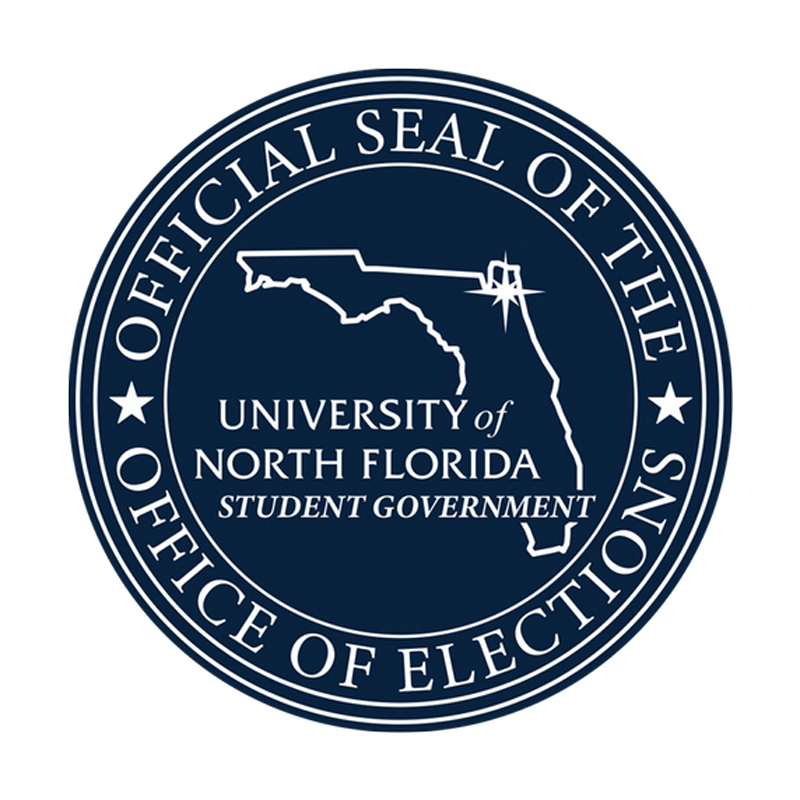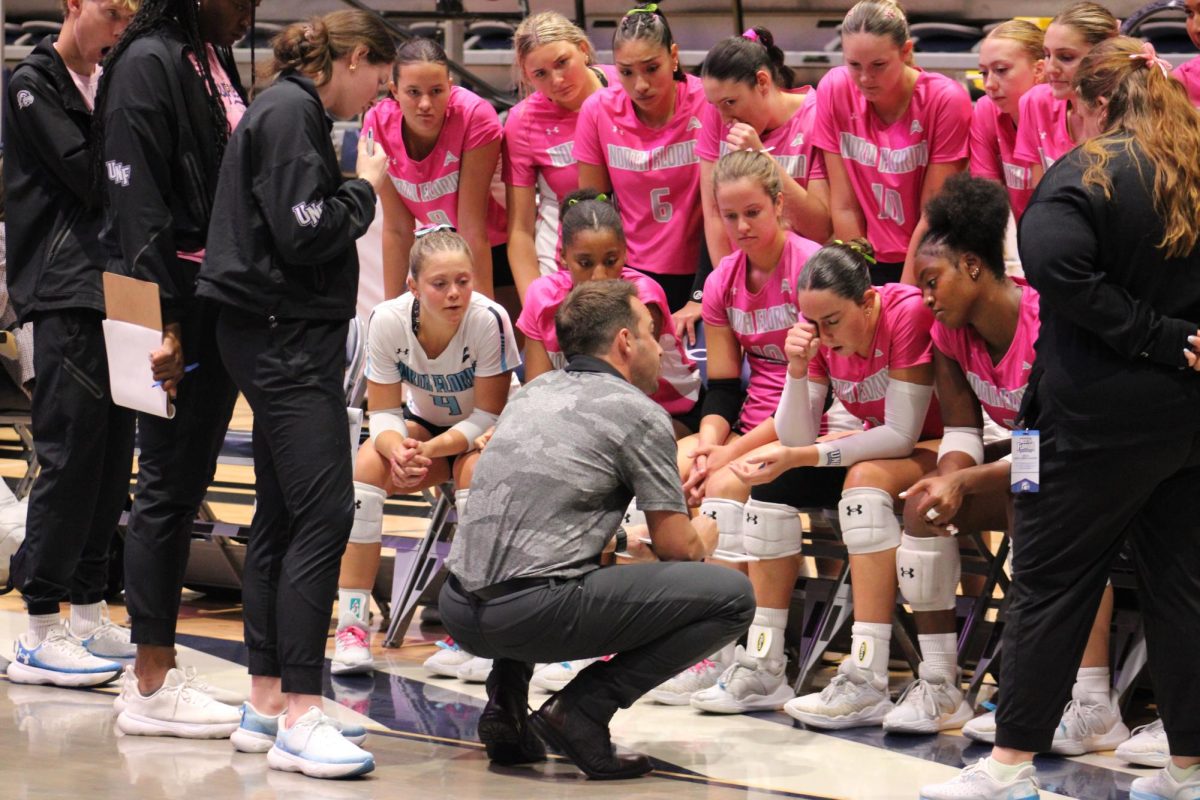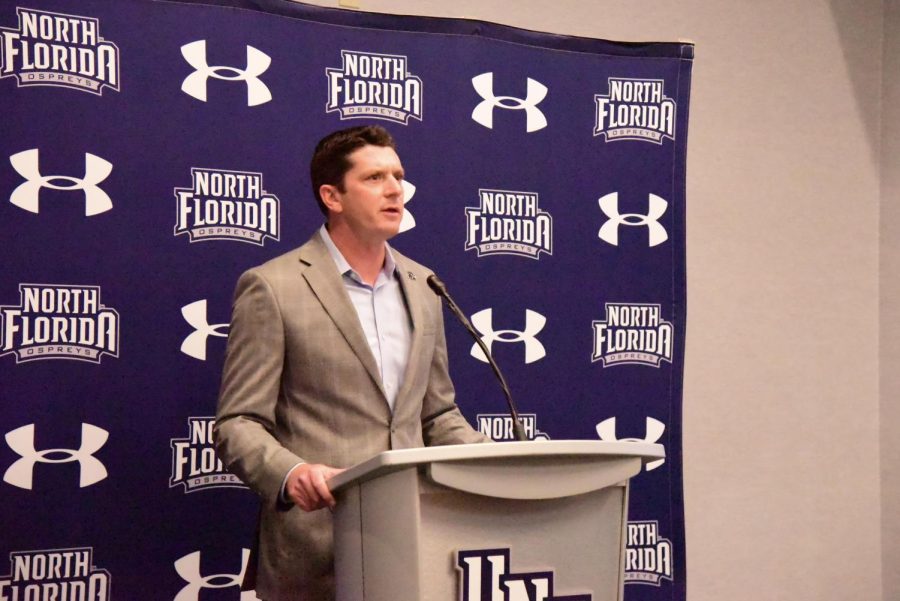By: Justin Chandler Porter, Contributing Writer
Florida House Bill 931, legislation that could have diminished the voice of university students’ interests in Tallahassee, came to a compromise Feb 21.
Under the new compromise, the student body presidents from Florida’s 11 public universities will work on a “council-like” structure that will vote and decide the student representative of the Florida Board of Governors, said UNF Student Body President Matt Brockelman.
The compromise ceases the current structure of the Florida Student Association, an organization run by student body presidents and designed to represent the interests of all statewide university students. Previously, the FSA elected the Board of Governors’ student representative.
The bill, in its original form, would have given Gov. Rick Scott the power to appoint the student representative of the Florida Board of Governors. Similar to the compromise, the bill would have then ceased the FSA’s ability to elect its own student representative.
The bill has been met with protest from FSA members.

Michael Long, the student-elected member of the Board of Governors and Chair of the FSA, said the bill would have favored those with political connections. He said students would not be able to hold their representative accountable and larger universities would have more interest in political capital rather than state representation.
“Why would you not want more diversity and equal opportunity for all universities, and not just ones with the most legislative influence?” Long said.
The student body presidents from the University of Florida and Florida State University supported the bill, which opposed the view of Long and Brockelman, among other student body presidents from smaller universities around the state.
Avi Assidon, FSU student body President, said the gubernatorial appointment was made out to be more unfavorable than it really is.
It has been spun as something negative, he said, as the governor is already responsible for appointing many different positions.

“As we move forward with the legislative process, we’re just looking at the most long-term solution,” Assidon said.
He said the council of student body presidents should be a nonlobbying institute, without any conflicts of interest.
Billy Vranish, UF student government director of external affairs, said the current FSA system is an “inherently flawed democratic process,” citing the organization’s ‘pay-to-play’ policy.
FSA requires dues from all participating universities in order to have a seat on the board. The dues are used for organizational purposes. Some management firms, such as Clutch Strategies, LLC, assist the FSA by helping to coordinate meetings with legislators and organize events like the annual Rally in Tally.
“We were in favor of creating a system where everyone could throw their hat in the ring. Student presidents shouldn’t have to pay money to get representation,” Vranish said.
He said the State University System needs a commission that does not require dues, take positions or participate in lobbying in order to effectively represent the students.
“I think at the end of the day, UF and FSU realized it would be hard to get this on the ballot, and it would be hard to get 60 percent of the voting population to support a bill that nobody really knows anything about,” Brockelman said.
Brockelman said he considers the compromise a win, and it will allow the universities to get back to focusing on real issues.
“I am hopeful we can keep some of the good parts of FSA and strip the parts the presidents of other schools don’t like,” Brockelman said. “The good thing is, the gubernatorial appointment is off the table.”
Email Justin Chandler Porter at news@unfspinnaker.com.















